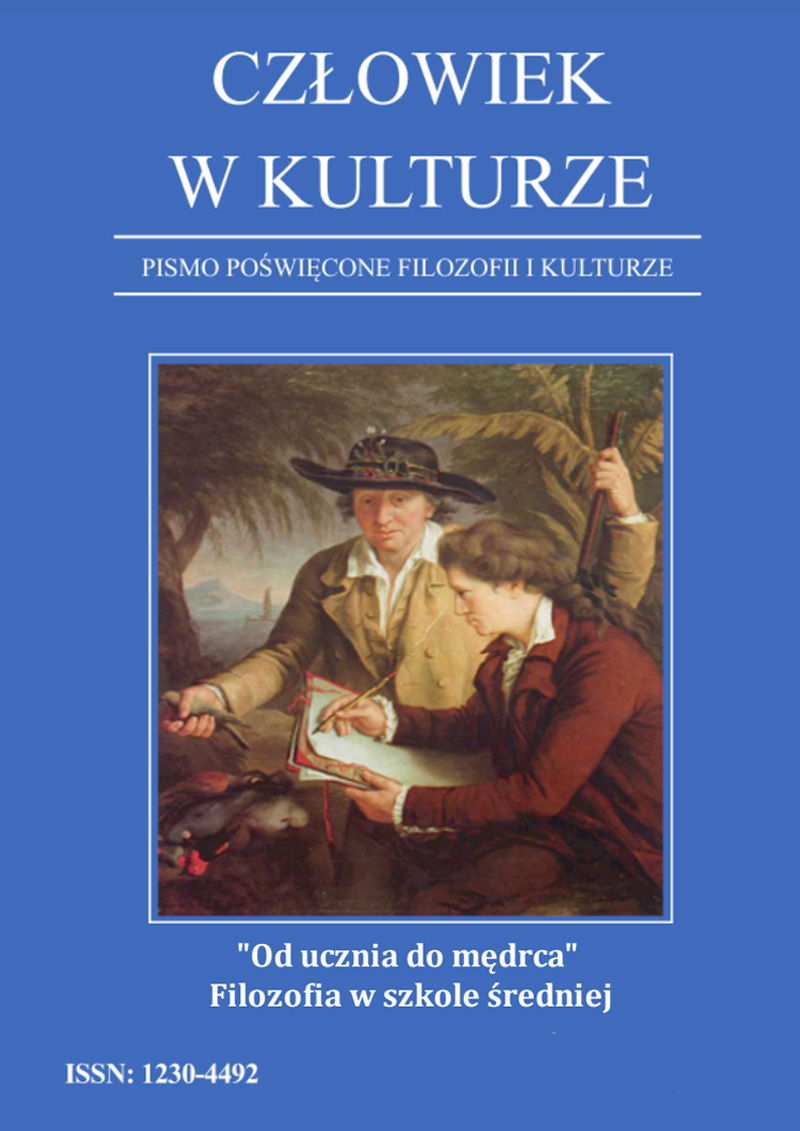Pamięć i tożsamość Jana Pawła II w świetle filozofii hermeneutycznej
Memory and Identity in the Light of Hermeneutic Philosophy
Author(s): Andrzej PrzyłębskiSubject(s): Cultural history, Social history, Hermeneutics, Politics and Identity
Published by: Fundacja »Lubelska Szkoła Filozofii Chrześcijańskiej«
Keywords: memory; identity; hermeneutics; understanding; Europe; culture; nation; patriotism; healthy society;
Summary/Abstract: The article is an attempt to present the thoughts of John Paul II contained in the well-known book Memory and Identity from the perspective of hermeneutic philosophy. The analysis shows the close proximity of perspectives, the sources of which are to be found (1) in John Paul II's interest in phenomenology, mainly in Scheler's version, but also in Ingarden’s, and (2) in contact with eminent representatives of hermeneutic philosophy (Gadamer, Ricoeur) during the wellknown debates in Castel Gandolfo, organized by the Polish philosophers: Jozef Tischner and Krzysztof Michalski, that were close phenomenology and hermeneutics. The argument on similarities is preceded by a short presentation of the basic concepts and principles of hermeneutic philosophy, such as understanding, historicity, language, and their translation into thinking about society and politics. In this context, there are issues present in the book of John Paul II, such as family, nation, state, national identity, tradition, national culture, patriotism, nationalism. It is clearly visible that John Paul II warns Europe against postmodernism, like hermeneutic philosophy does, as well as against social atomization, the breakdown of social ties, resulting, among others, from an incorrect understanding of human rights, based on exuberant individualism and utilitarianism.
Journal: Człowiek w Kulturze
- Issue Year: 2022
- Issue No: 32/2
- Page Range: 157-174
- Page Count: 18
- Language: Polish

